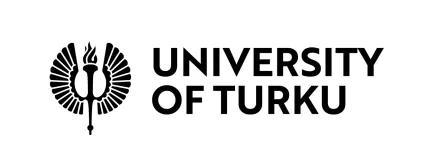Artificial Intelligence and Algorithms Supporting Leadership – TEIJO

Objectives
The use of artificial intelligence in organizations has increased clearly. There is currently insufficient information about how supervisors can effectively utilise AI in everyday leadership work, for example, to support interaction or motivate personnel. Additional information is also needed on whether leadership using AI can improve the smooth running of work and mitigate load in the work of supervisors and employees and what kind of new skills AI requires from supervisors.
We will study and identify
- the role of AI in supporting and partnering with human leadership. This does not mean replacing supervisory tasks with AI.
- concrete examples of how supervisors use AI to promote employees’ work, motivation and wellbeing.
- low-threshold solutions that can be immediately applied in workplaces and later expanded to other working environments.
Our goal is to
- provide information on, for example, the ethical risks and challenges of technology-assisted leadership.
- facilitate the development of good AI-assisted leadership practices.
- dispel prejudices and facilitate the deployment of technology.
Data and methods
Data will be collected from organizations participating in the project on the utilisation of artificial intelligence in everyday supervisory work. The organizations are different and of different sizes, their technological orientation and use of AI vary. The organizations operate in different sectors and business environments.
The data collection for the project is carried out qualitatively, through supervisor and team member interviews, observation of supervisors and development workshops.
Results and impact
We will produce new information on how artificial intelligence can be used in supervisory work and how it changes operations in practice. We are looking for new opportunities that promote the use of AI and support digitalization in Finland.
Based on the results, we can assess how AI solutions affect the smooth running of work and the load of supervisors and employees. We also take into account the perspective of occupational safety and health. We ask whether AI reduces workload or increases stress.
We will also produce free and open materials:
- Artificial Intelligence in Supervisory Work model, which will describe the process of engaging leadership and identify the tasks of supervisory work in which AI can be utilised.
- Artificial Intelligence in Supervisory Work guide will describe practices through which a supervisor or team leader can anticipate the wellbeing of their team and promote the creation of experiences of the individual’s inclusion, ability and autonomy in their work.
- Cognitive Ergonomics and Leadership Using Artificial Intelligence checklist, which enables supervisors and organizations to identify stress and resource factors related to leadership using AI from the perspective of supervisors and employees.
Ask about the project

Marja Känsälä
Research group
Tiina Heusala
Virpi Kalakoski
Heidi Lahti
Partners
- University of Turku, School of Economics
- University of Vaasa
- Elisa Oyj
- Jakamo Oy
- Kerava
- Tuusula
- Visma Aquila Oy
Funded by
The Finnish Work Environment Fund






